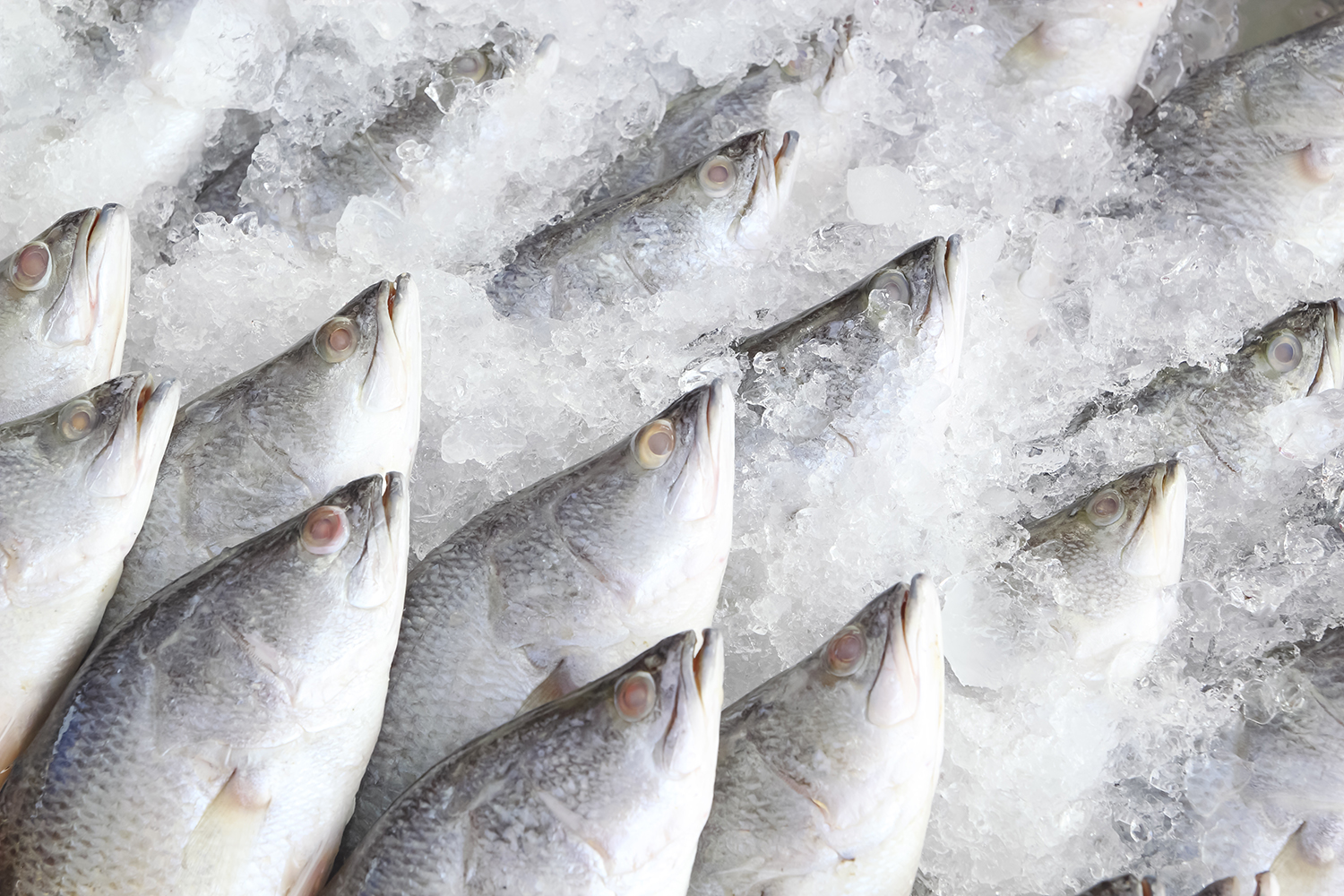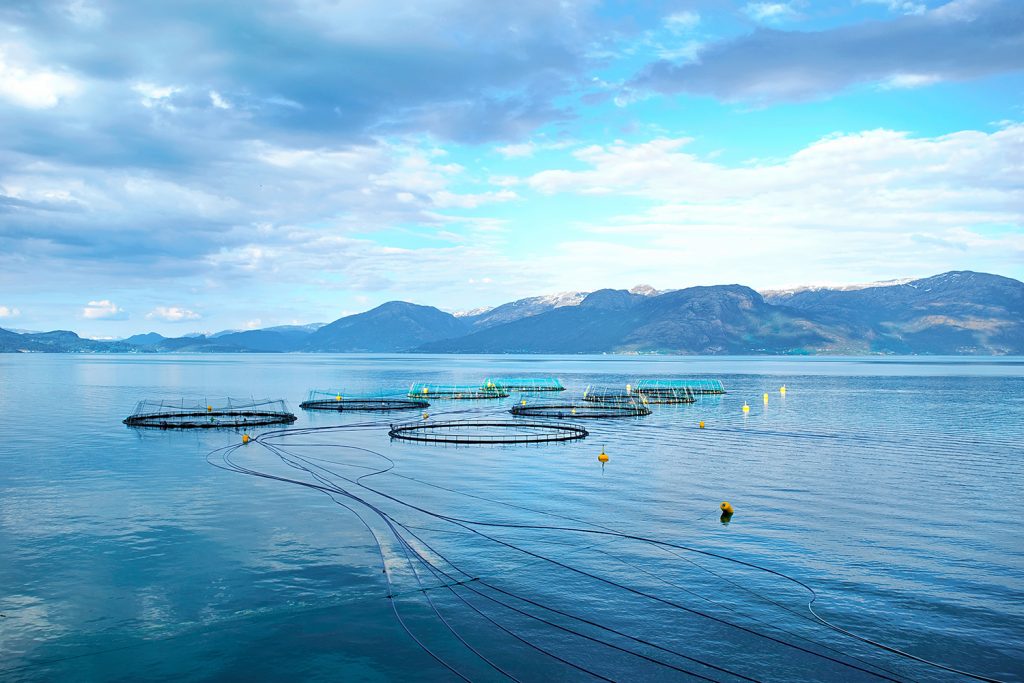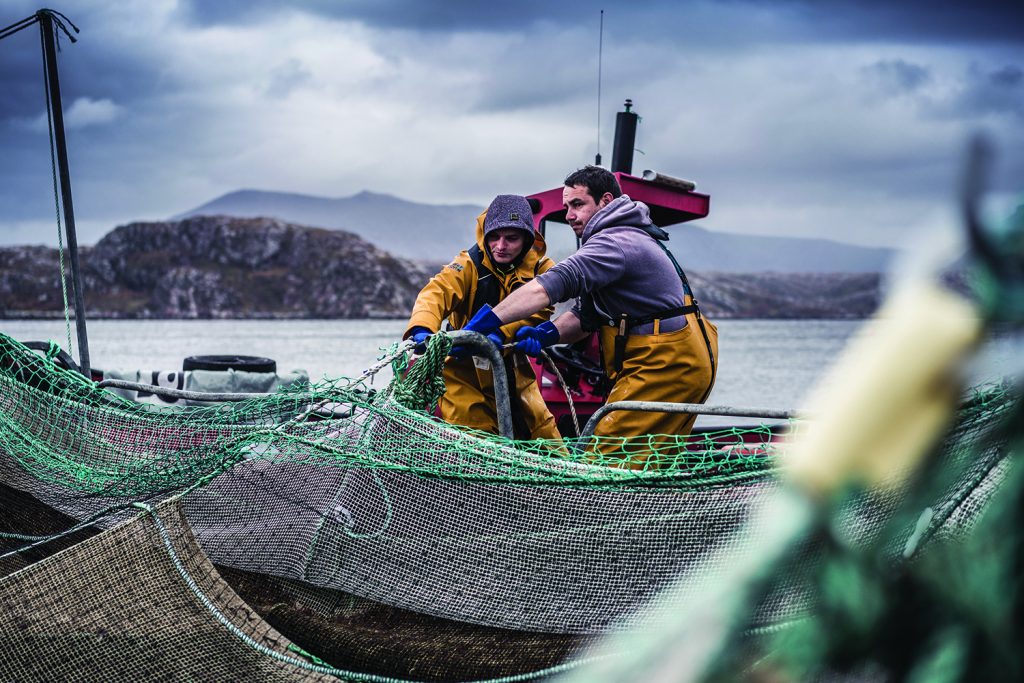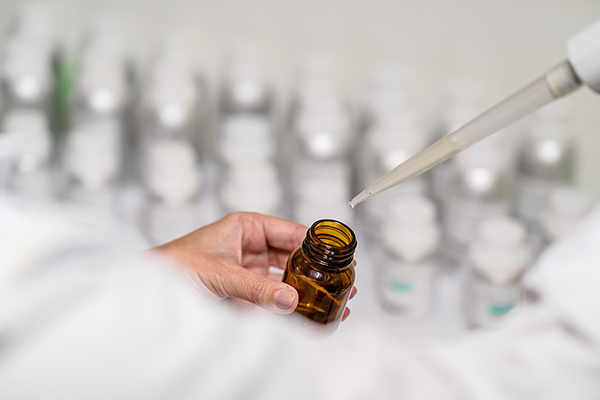Testing and validation methods are increasing, while alternative supply chains provide shorter chains of custody and fewer opportunities for seafood fraud

If any silver linings are to be found after three years of global shutdowns and pandemic restrictions, one might be the opportunity for seafood supply chains to build back better.
Supply chains faltered significantly during the initial waves of COVID-19 lockdowns and travel restrictions, hitting seafood particularly hard. Pandemic restrictions resulted in labor shortages in processing plants, fishermen unable to get out to fish and suppliers being left with freezers overflowing with products they couldn’t offload to restaurants.
The sudden disruption to the globalized supply chains of the seafood industry exacerbated many of the issues that we face when trying to get the world’s most-traded food commodity from point A to point B.
Drawing on two case-study innovations presented at the 2021 World Fisheries Congress “sustainability” stream, my research colleagues and I show how two strategies – one at a local level and one on a global scale – can be used, either coupled or adopted alone, to improve the sustainability, traceability and resilience of global and local fisheries supply chains.
One major issue we focused on during this work was seafood fraud. Fraud is a pertinent issue within the seafood industry, one that industry experts and general consumers are each aware of. Yet it remains a problem to be solved in the increasingly globalized seafood world, where supply chains are convoluted and difficult to keep track of.
Can handheld DNA testing technology stand up to seafood fraud?
The COVID-19 pandemic exacerbated the risk of food fraud and increased the need for food traceability. Disruptions to traditional supply chains, less frequent monitoring, fewer staff, and increased financial pressure all led to a rise in fraudulent food during the pandemic and seafood was no exception. The start of the pandemic saw consumers engaging in “panic purchasing” putting pressure for a faster, more frequent supply of products, which created an opportunity to fill these gaps with illicit goods. As the pandemic wore on, fewer in-person checks and authentication processes were being conducted as a result of social distancing protocols, creating yet again, more opportunities for fraud to go unnoticed.
To address seafood fraud, we analyzed two case studies at different scales. A global context explored the role of testing and validating seafood products to minimize fraud and a local study explored the role of alternative supply chains in increasing traceability.
Global adoption of testing and validating techniques, like DNA barcoding, can help to maintain transparency in globalized supply chains. Innovative approaches using tamper-proof, high-throughput analyses in hard tissues, together with other approaches such as DNA and biochemical analyses, will play a key role in validating seafood provenance and, therefore, supporting managers and regulatory agents in taking action on compliance, enforcement and traceability of seafood products along the supply chain.
On a more local scale, the adoption of alternative supply chains provides a shorter chain of custody and fewer opportunities for fraud to occur. Our team began documenting the role of alternative supply chains as early as April 2020. Our findings were clear from the very early stages of the pandemic through to today: alternative supply chains create stability and resilience in the global food system, especially during times of disruptive shocks.
Three years of the COVID-19 pandemic exposed holes in the seafood industry, however, the disruptive power of the pandemic, in combination with these proven case studies will create a more transparent supply chain with fewer opportunities for fraud to occur.
View the full study published in December in Reviews in Fish Biology and Fisheries here.
Follow the Advocate on Twitter @GSA_Advocate
Follow Emily DeSousa on Twitter @emilyseaside
Now that you've reached the end of the article ...
… please consider supporting GSA’s mission to advance responsible seafood practices through education, advocacy and third-party assurances. The Advocate aims to document the evolution of responsible seafood practices and share the expansive knowledge of our vast network of contributors.
By becoming a Global Seafood Alliance member, you’re ensuring that all of the pre-competitive work we do through member benefits, resources and events can continue. Individual membership costs just $50 a year.
Not a GSA member? Join us.
Author
-

Emily DeSousa
Emily is a fisheries scientist and a social media influencer based in Niagara, ON. She is the founder of Seaside with Emily, an online travel and seafood blog. She works in the Coastal Routes lab, where her research focuses on alternative seafood networks in North America.
Seaside with Emily
https://seasidewithemily.com/
(Instagram: @seasidewithemily, Twitter: @emilyseaside, Linkedin: Emily De Sousa)
IG: https://www.instagram.com/seasidewithemily/
Linkedin: https://www.linkedin.com/company/34688936/admin/
https://coastalroutes.org/
Tagged With
Related Posts

Fisheries
Can a data-sharing tool eliminate IUU fishing and make seafood supply chains more reliable?
The Sustainable Fisheries Partnership’s new data-sharing tool helps users identify environmental risks and eliminate IUU fishing in seafood supply chains.

Intelligence
Blockchain expands its aquaculture presence with shrimp and salmon
By tracking products from farm to plate, blockchain helps reduce fraud and improve standing with consumers. But it’s only part of the solution.

Intelligence
In the fight against seafood fraud, the technology behind trace element fingerprinting is maturing
Analysis of trace chemical elements can reveal where farmed seafood comes from. Standardization of traceability tools and techniques is improving the process.

Intelligence
‘Through science, there’s no question’: How evidence-based transparency is changing seafood traceability
ORIVO, a science-based testing and certification service for the global feed and supplement industry, aims to change seafood traceability.


